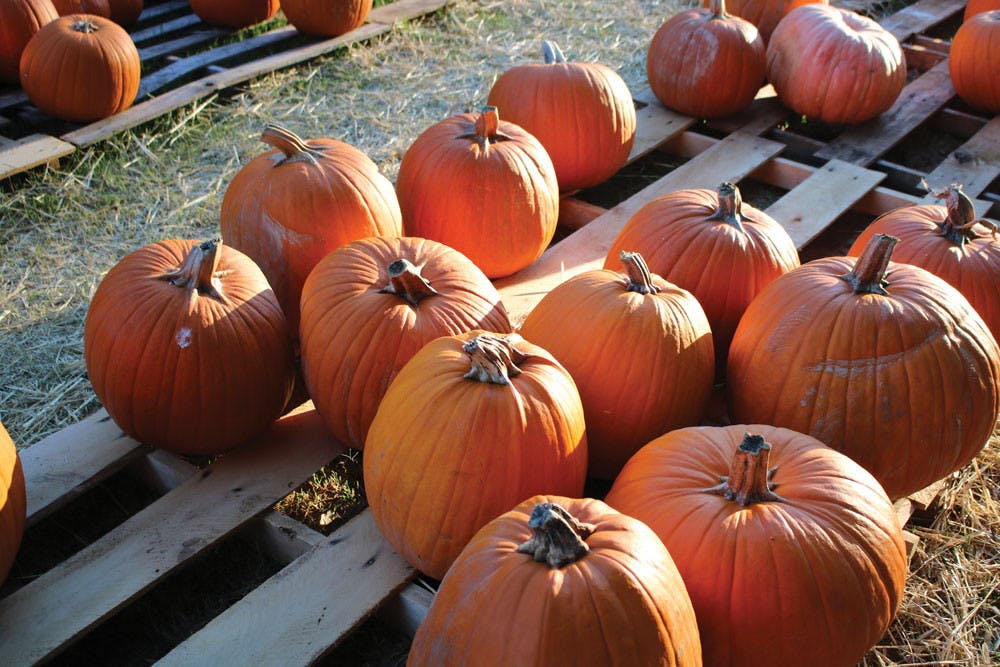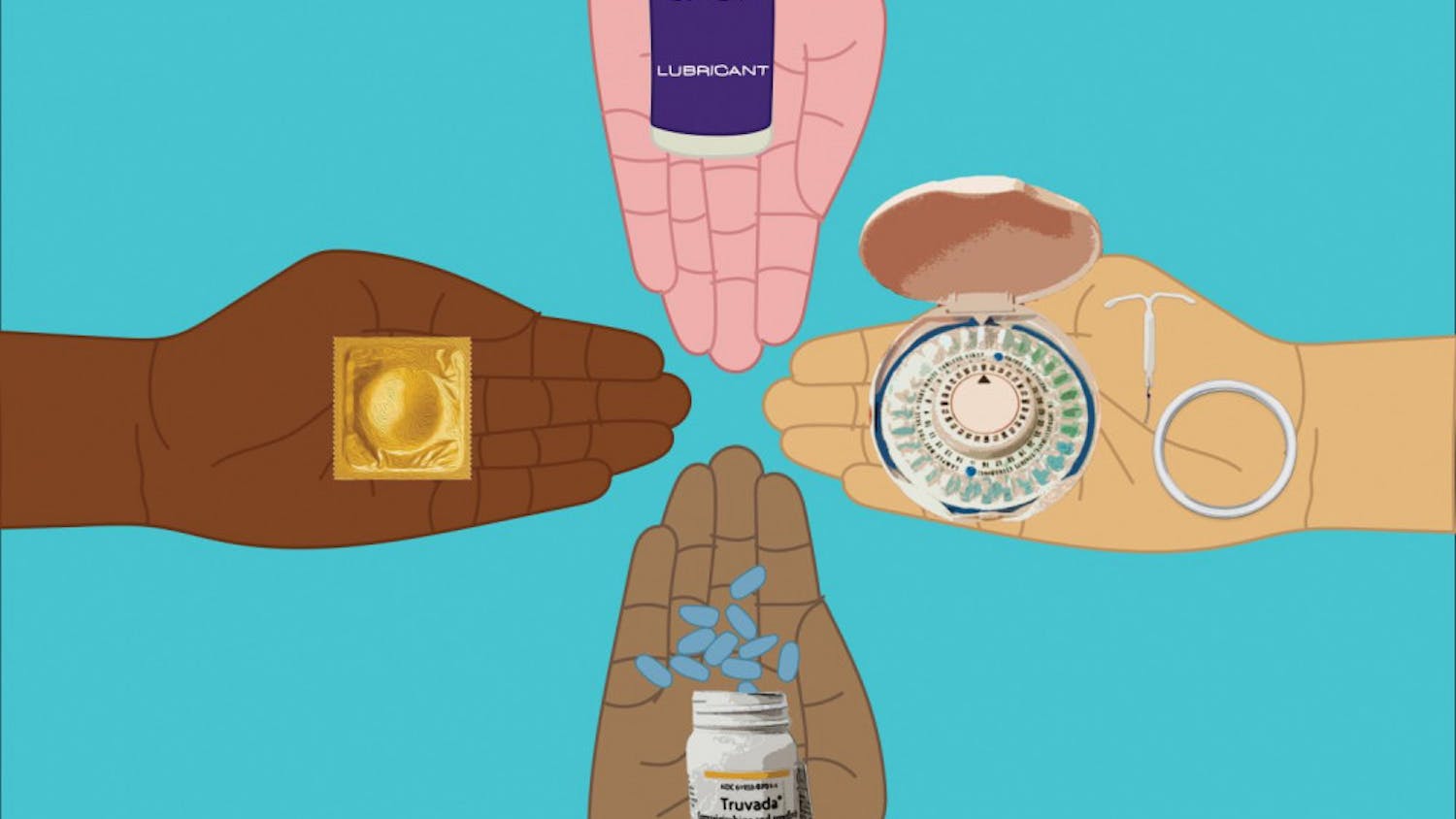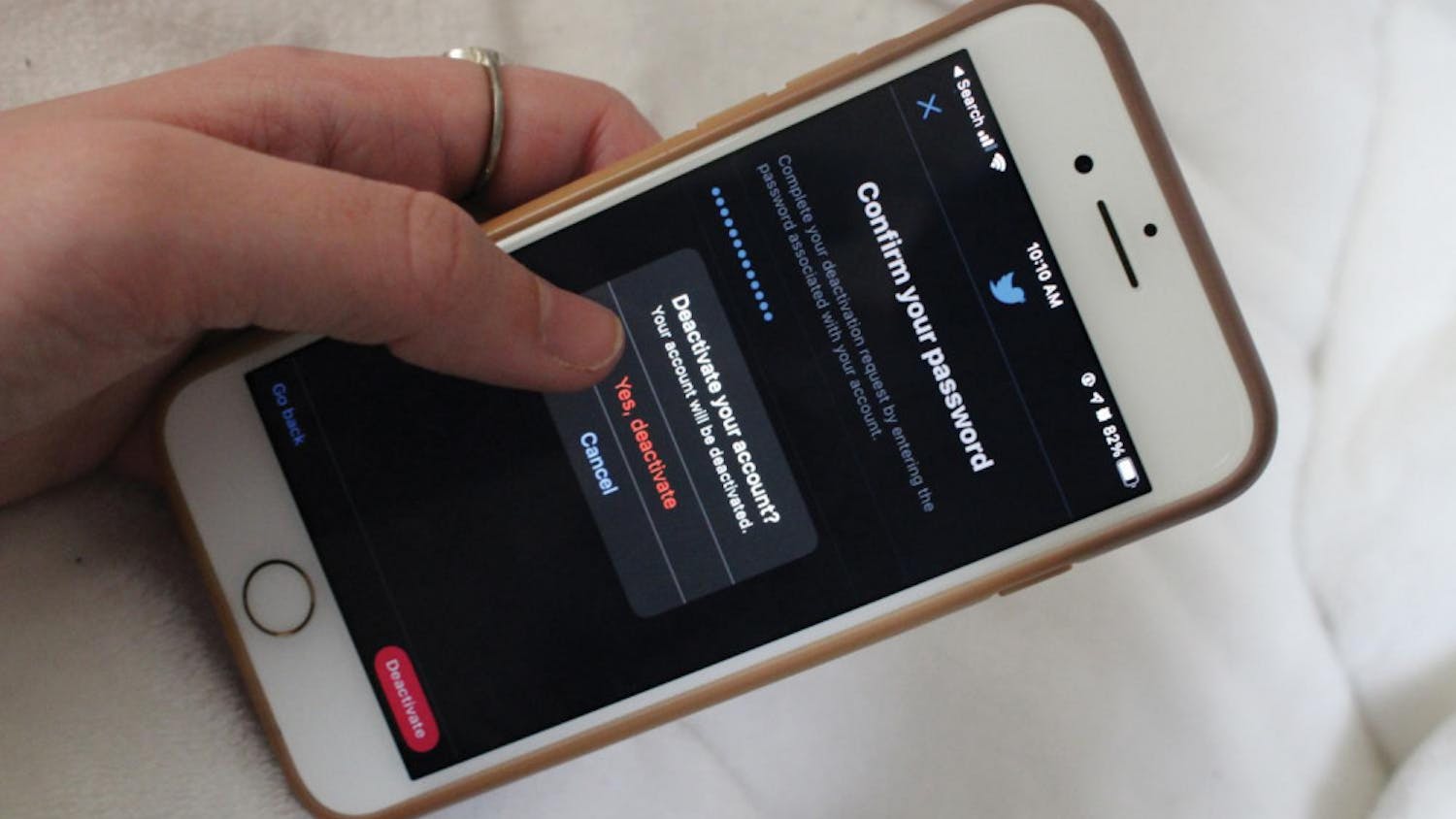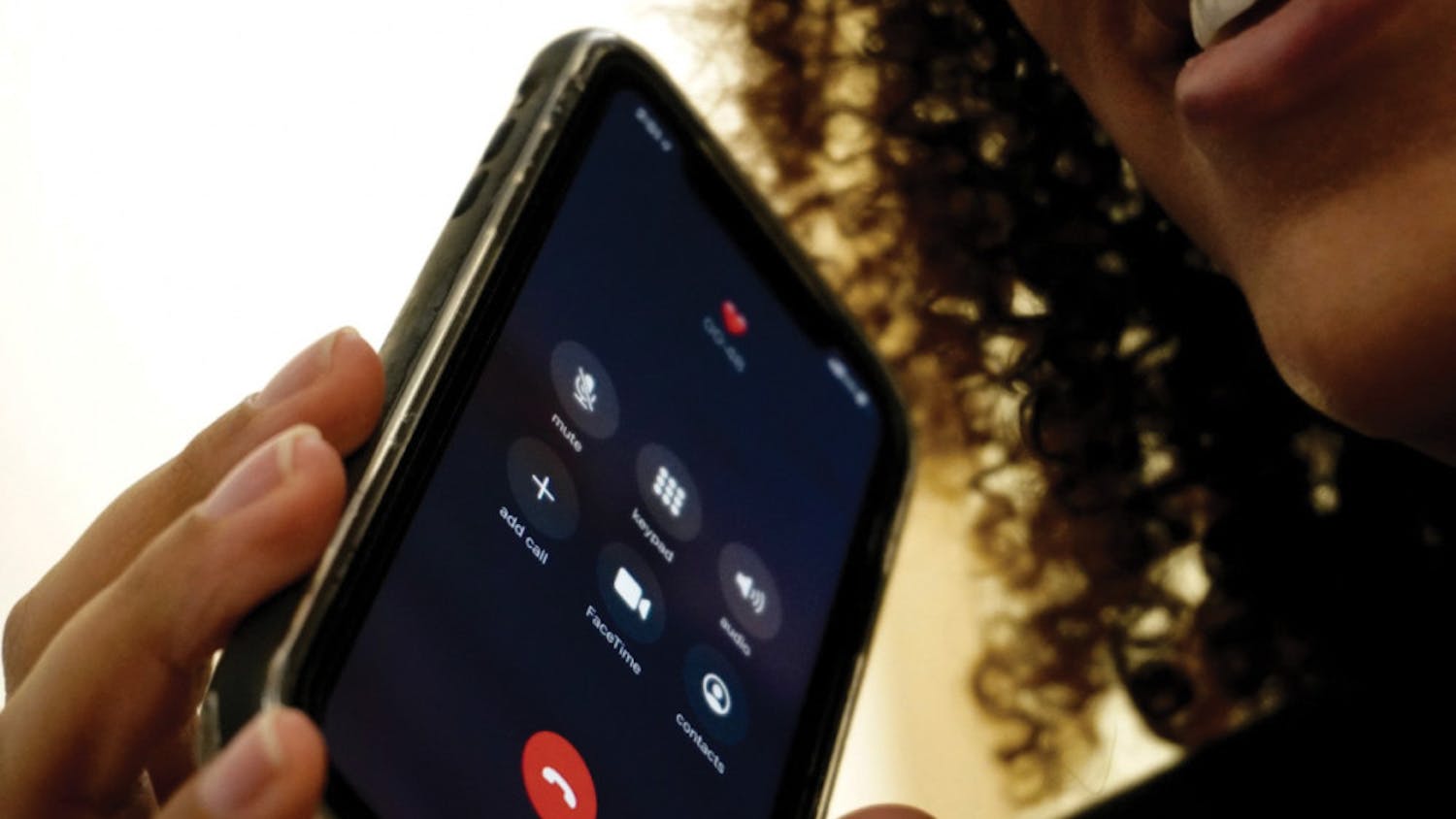We celebrate holidays like Halloween every year, but a lot of times we don't even think about the origins of our traditions. Here’s a little bit of knowledge about how the Halloween traditions we celebrate today came to be.
Halloween’s ancient traditions came from the Celts who observed a festival called Samhain. According to the American Folklife Center, at this time, they believed that ghosts would be able to interact in our world.
When Irish immigrants began fleeing to America because of the potato famine of 1846, they brought over their own Halloween traditions. It was around this time that Americans began dressing up and going door to door asking for food or money.
The tradition of dressing up has European and Celtic roots. According to a History Channel article the people believed that on Oct. 31 ghosts would be able to enter the world, and so they dressed up in masks so ghosts would not be able to recognize them.
The Atlantic reported that candy did not become a popular Halloween treat until the 1950s. The candy companies were looking for another holiday to sell their treats. Americans caught on to handing out candy because it was inexpensive and easier to hand out than bigger items like cakes or toys.
This year when you are out trick or treating or celebrating Halloween with friends, don’t forget the history behind the holiday.
The history of Halloween as we know it





